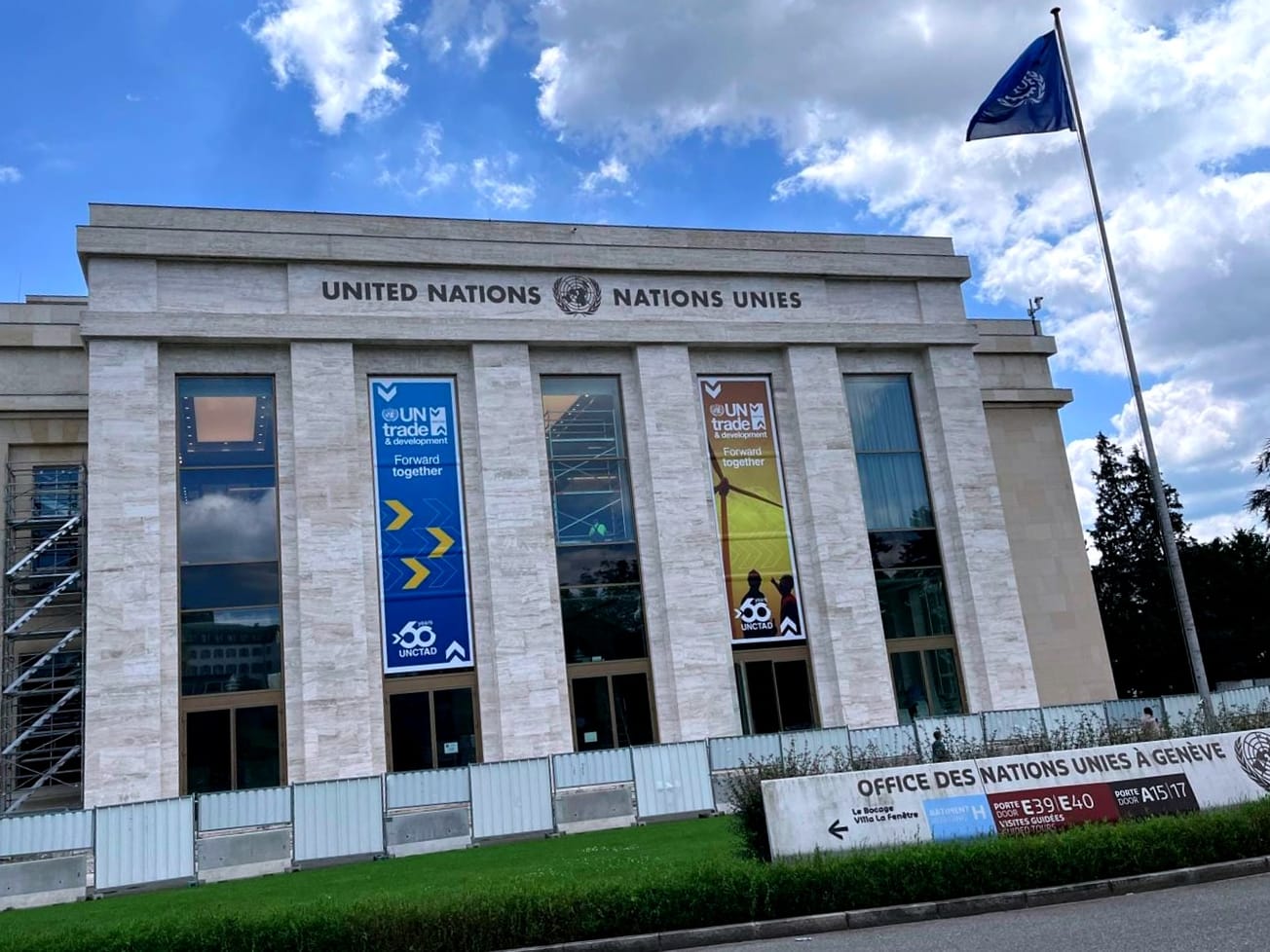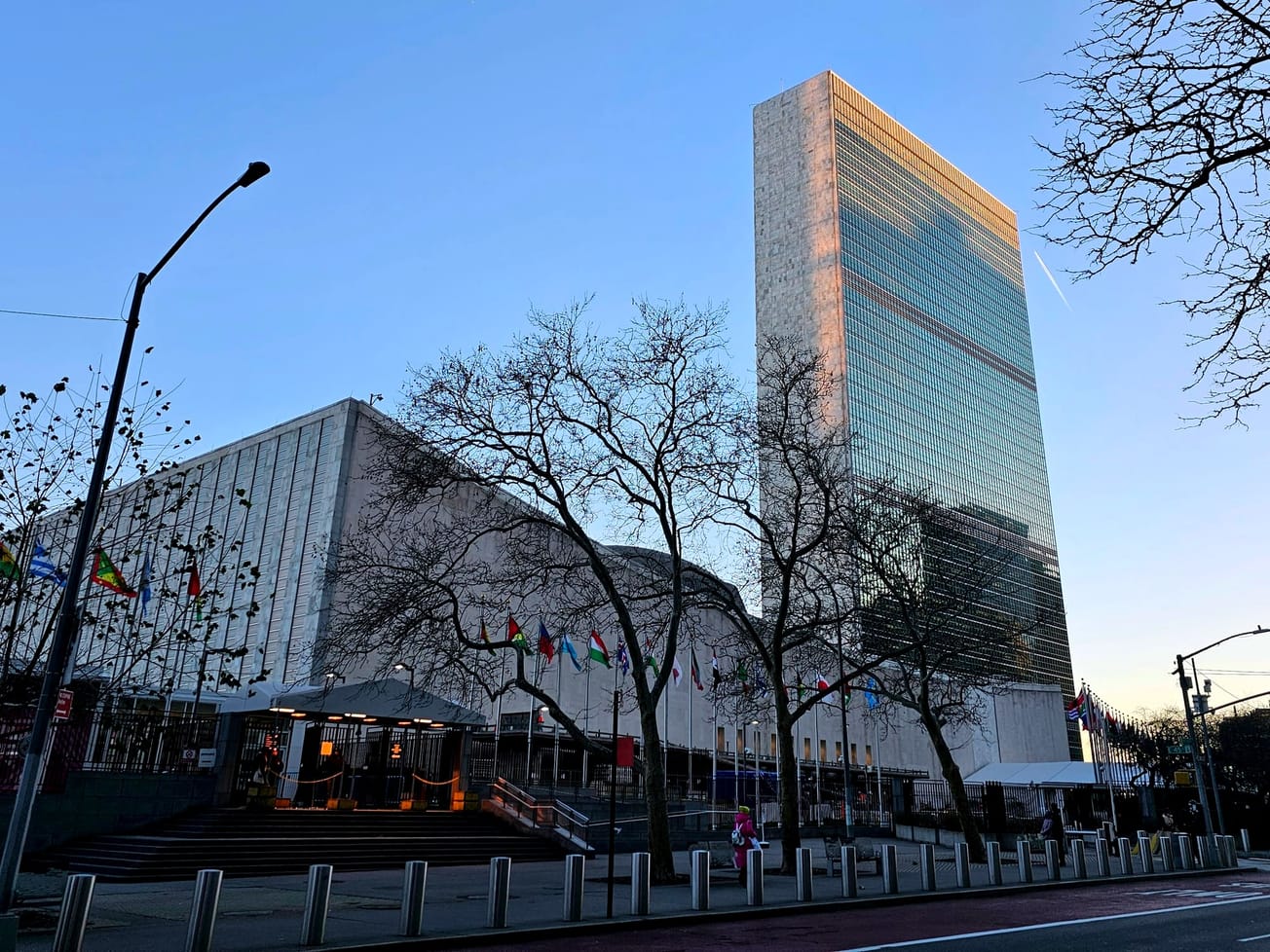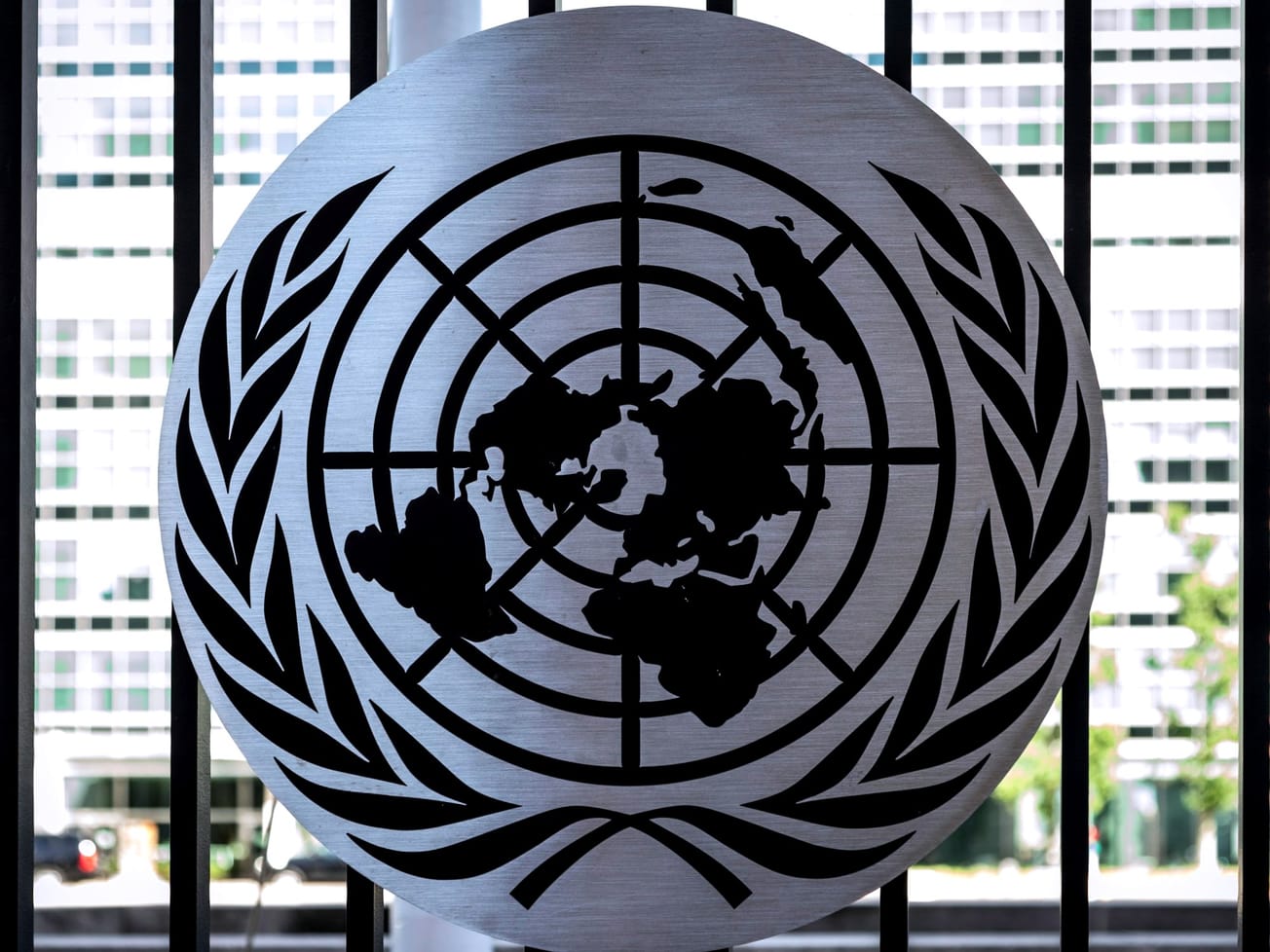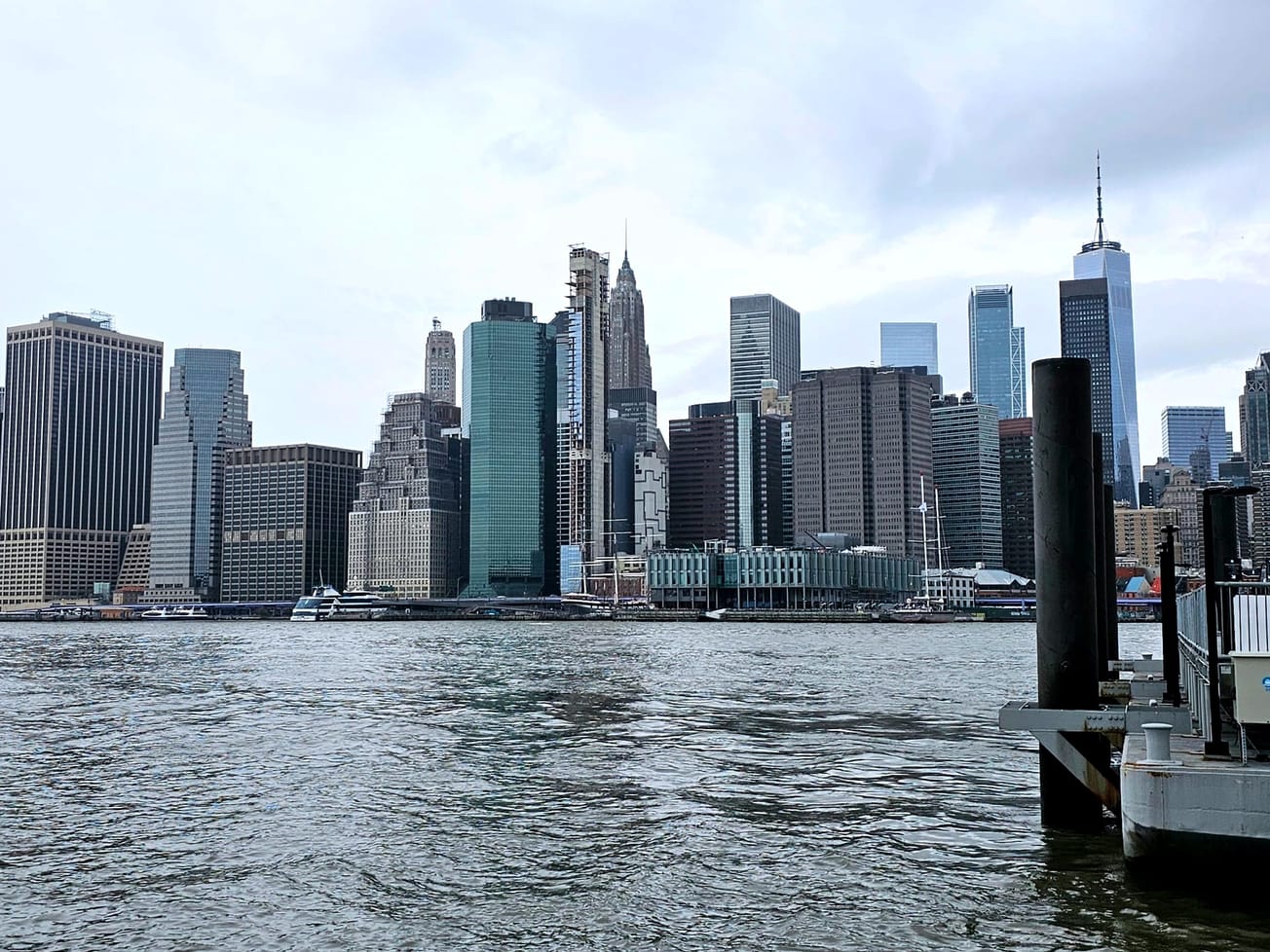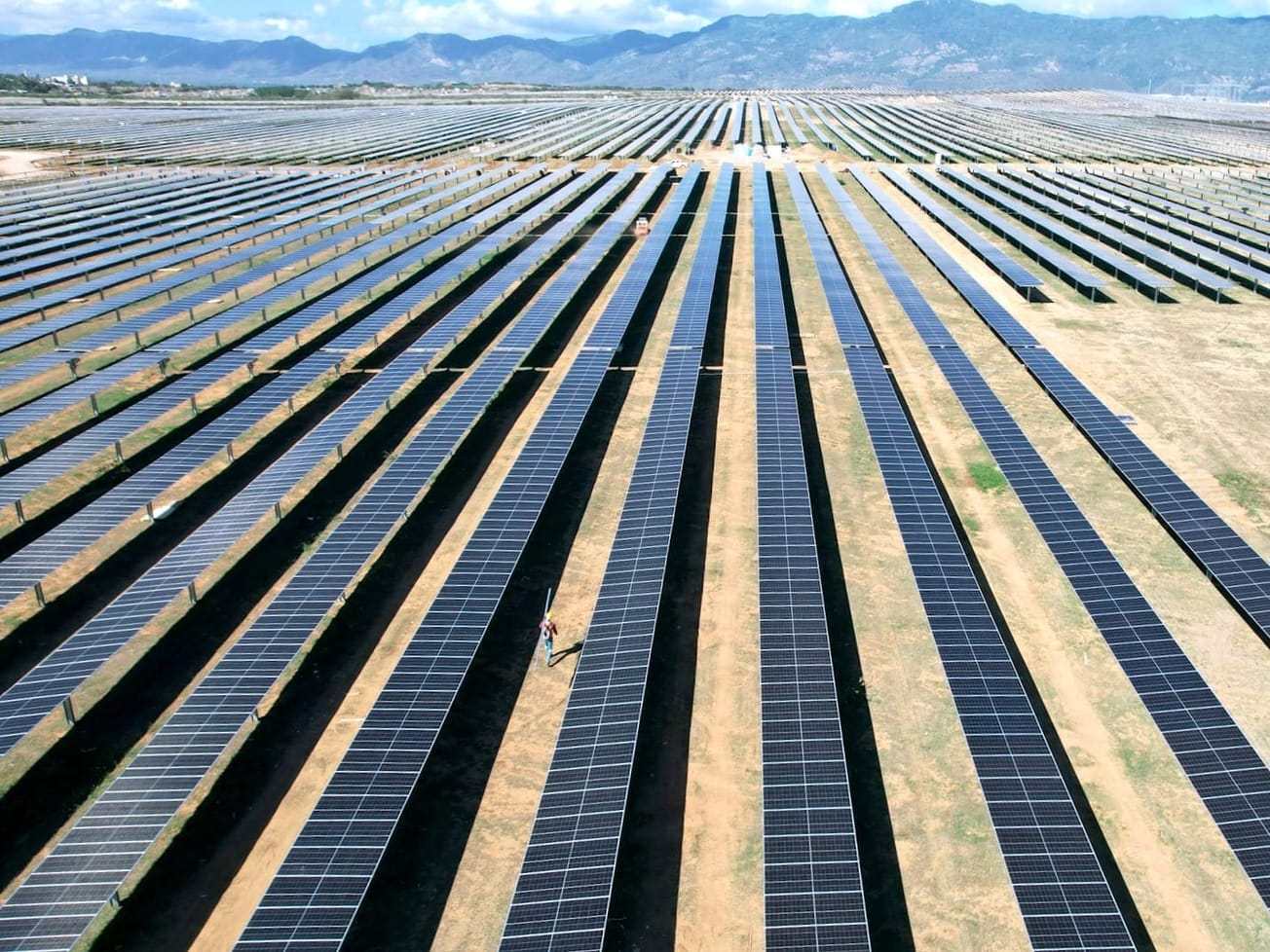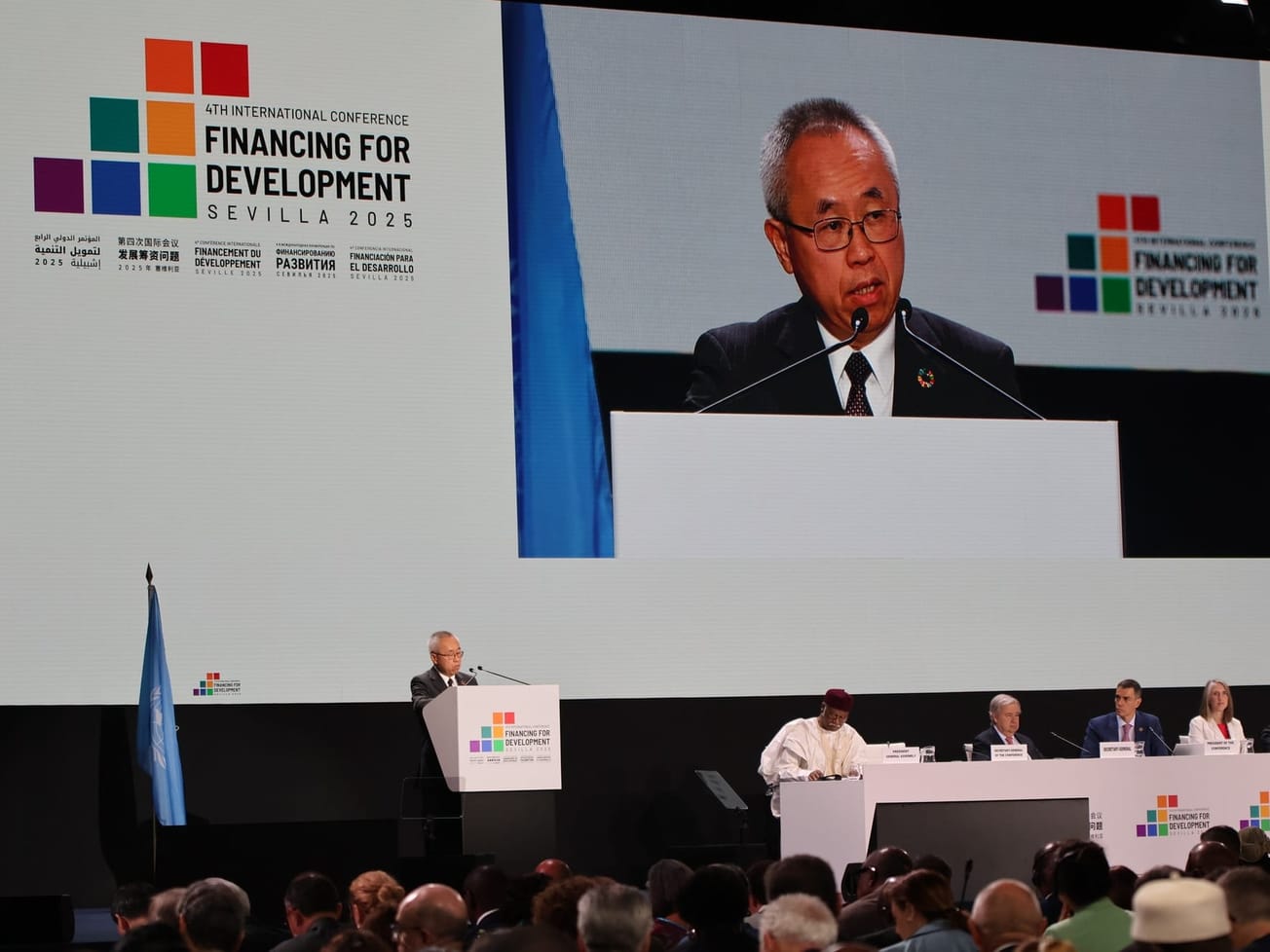
U.N. conference gains pledges for climate finance, launches initiatives
Leaders pushed for better financial systems at only the fourth U.N. conference on development financing held since 2002.
Our coverage of the U.N.'s 17 'Global Goals' for ending poverty, protecting the planet and ensuring that by 2030 everyone is able to enjoy peace and prosperity.

Already have an account? Log in
Leaders pushed for better financial systems at only the fourth U.N. conference on development financing held since 2002.
The reduction in support and services it can deliver is expected to drop to about $50 billion across the U.N. system.
The U.S. will not attend the FfD4 conference in Spain later this month to fund the Sustainable Development Goals.
The summit created momentum for the adoption of the first legally binding rules to better protect international waters.
A major financial squeeze is hitting the embattled U.N., which is owed $5.1 billion for its regular and peacekeeping budgets.
Both sides moved to suspend most tariffs on each other's goods after an intense weekend of Swiss-hosted negotiations.
Colombia's former president Juan Manuel Santos says his nation's peace process benefited from women leaders.
China requested World Trade Organization-led dispute consultations over Trump's tariffs, now as high as 145%.
Markets plunged in Asia, Europe and the U.S. as leaders were shocked at Trump's tariffs and the risk of a global trade war.
The spike in the world’s deadliest infectious disease comes as officials warn global aid cuts could lead to a resurgence.
Minimum wage workers in the E.U. had the most purchasing power in Germany and the least in Estonia.
The South African president invoked Nelson Mandela's emphasis on global 'interdependence' and cooperation.
Billionaires' wealth 'surged' by $2 trillion in a year, while 44% of the world population lives on less than $6.85 a day.
The global organization forecasts some improvement in the world economy but says Trump's plans cloud the outlook.
International Monetary Fund blames a lackluster economy on slowing growth, potential trade wars and regional conflicts.
A new report shows governments and consumers face tough choices over cheap supplies and surging electricity demand.
